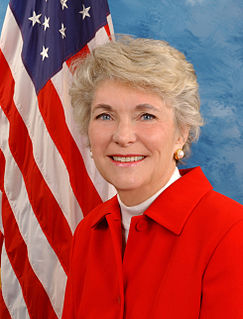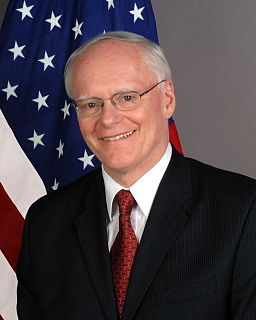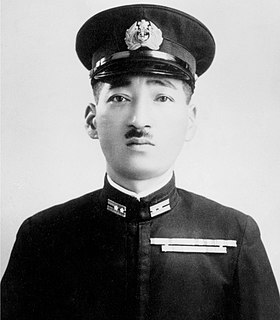A Quote by Ben Rhodes
A critical part of our relationship with Laos involves addressing the legacy of war.
Quote Topics
Related Quotes
Few relationships are as critical to the business enterprise as the relationship to the government. Managers have responsibility for this relationship as part of their responsibility to the enterprise itself. It is an area of social impact of the business. To a large extent the relationship to government results from what businesses do or fail to do.
The legacy of women's war work is our present post-industrial employment structure. It was the war that created the demand for a technologically advanced, de-skilled, low-paid, non-unionized female workforce and paved the way for making part-time work the norm for married women now. A generation later, it was the daughters of wartime women workers who completed their mothers' campaign for equal pay.
I think any relationship that is normal - I mean, there's no normal relationship, but in terms of a flawed relationship, there's always gonna be awkward moments within that because you're addressing things that the world is throwing at you, whether that's distance or whether that's where this is going or other people and past relationships, all these factors.


































